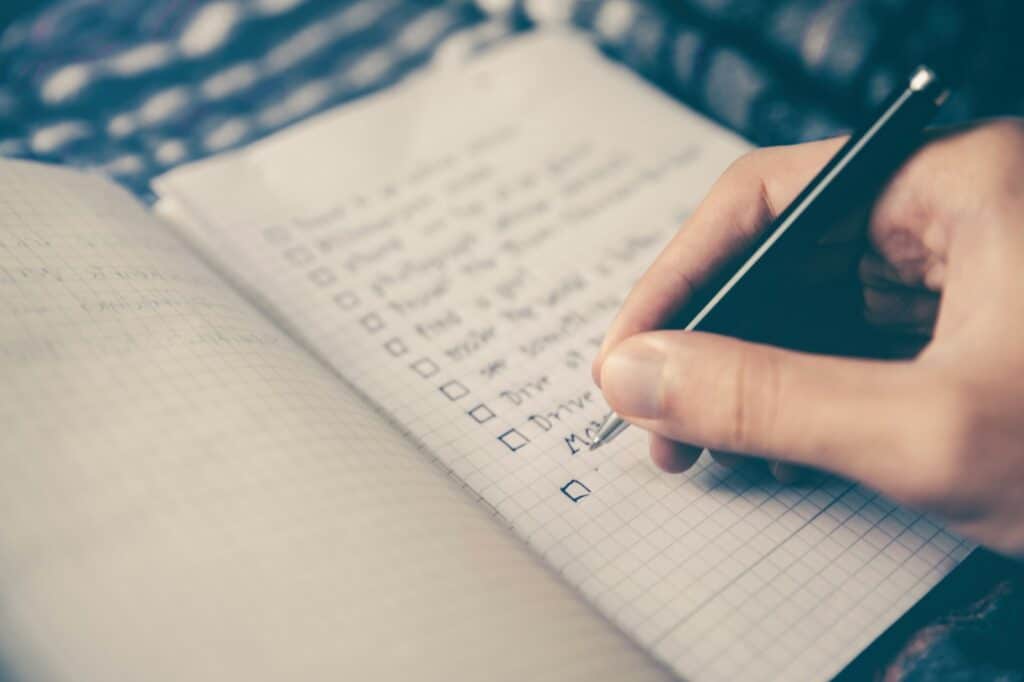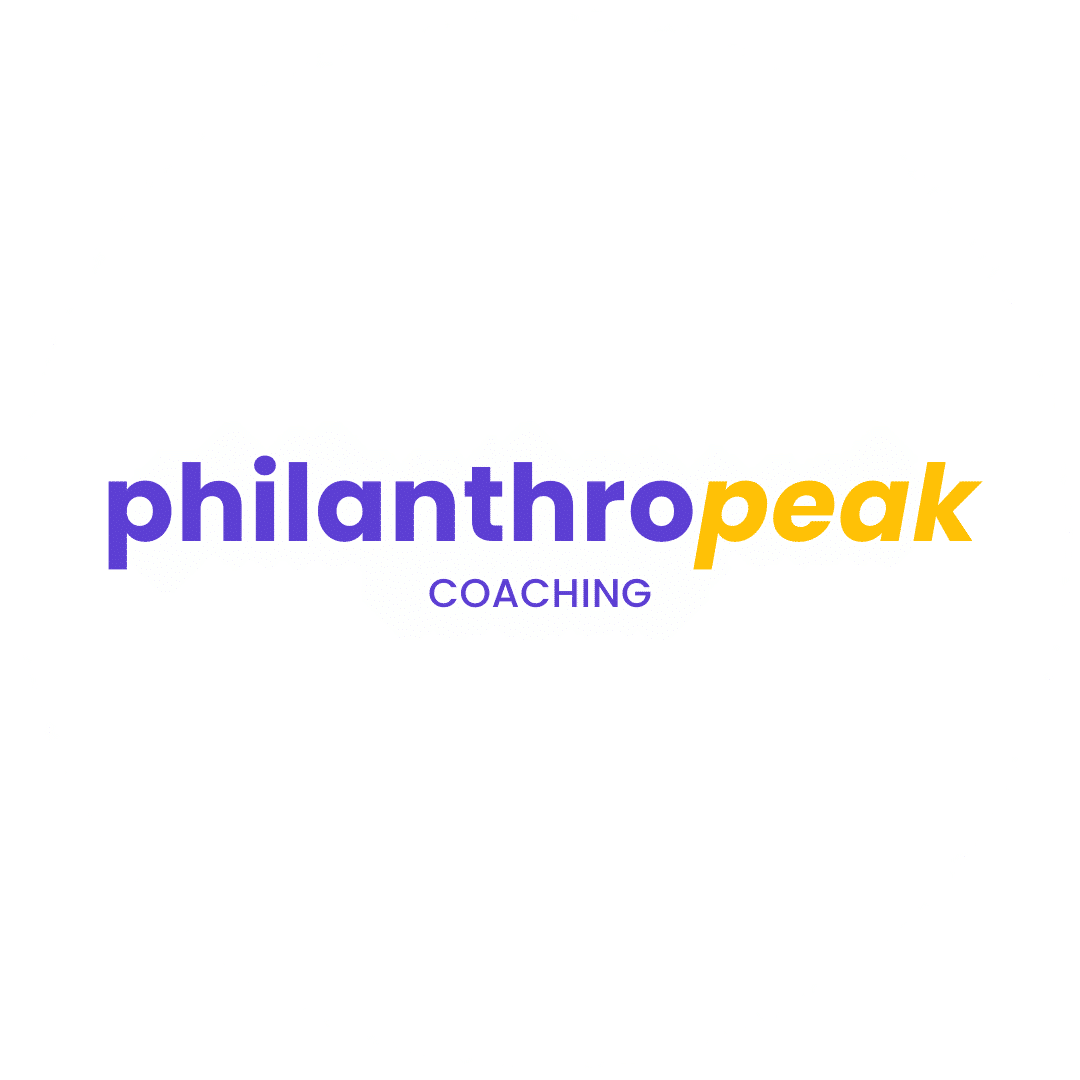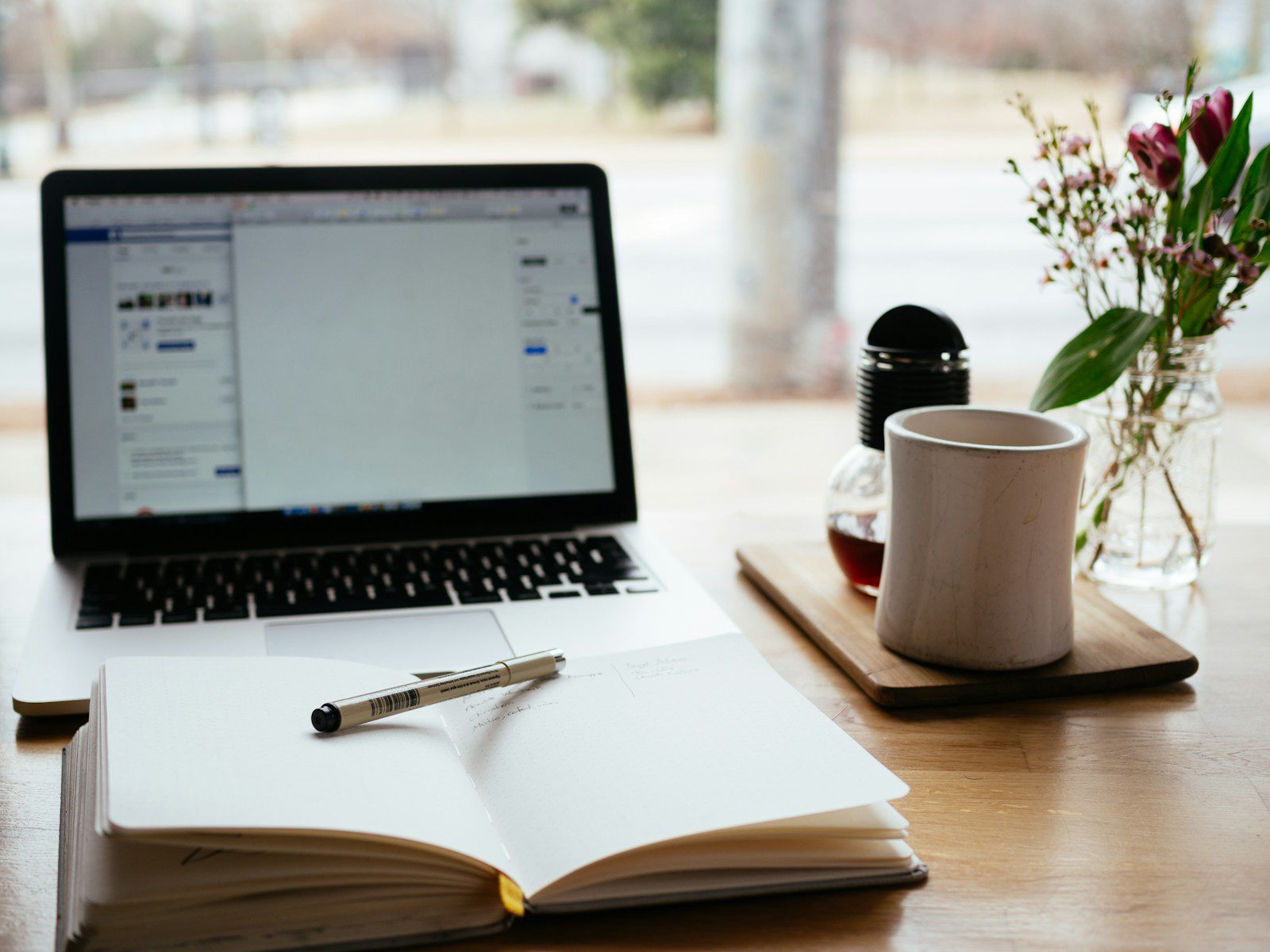
How to Focus with ADHD: Struggling to Stay on Track? You’re Not Alone.
Table of Contents
ToggleAre you struggling with how to focus with ADHD? You’re not alone. Many individuals with ADHD face daily challenges in maintaining focus, but with the right strategies, you can improve your concentration and productivity. This guide will walk you through practical tips and techniques to help you master how to focus with ADHD.

Understanding ADHD and Focus
How to focus with ADHD isn’t just about willpower. It’s about dopamine, executive function, and impulse control. Your brain craves stimulation. That’s why boring tasks feel painful, but hyperfocus on random things (like deep-diving Wikipedia at 2 AM) happens so easily.
Here’s what’s going on:
- Sensory Overload: Your brain picks up on every noise or movement, making it hard to concentrate.
- Task Initiation: Starting a task can feel overwhelming, even if it’s something small.
- Time Blindness: Losing track of time is common, making deadlines a challenge.
ADHD-Friendly Time Management Strategies to Improve Focus
Want to get more done? Structure beats motivation every time. ADHD brains work best with external systems. How to focus with ADHD starts with creating an effective schedule.
1. The Pomodoro Technique (With a Twist)
- Work for 25 minutes, then take a 5-minute break. Repeat 4 times, then rest longer.
- If 25 minutes feels too long, start with 10-15 minutes.
- Use a visual timer like a Time Timer or an app like Forest.
2. Break Tasks into Tiny Steps
- “Write a report” is overwhelming. “Write the intro” is doable.
- Break everything into micro-steps: Write one sentence. Open the document. Set up your desk.
- Use checklists to keep momentum going. Ticking off boxes gives dopamine hits.

3. Use Alarms & External Cues to Stay Focused
- Set alarms for start and stop times (or you’ll get stuck in hyperfocus).
- Keep a post-it note in sight with your priority task.
- Use apps like Todoist or Notion to structure your workflow.
How to Focus with ADHD by Optimising Your Environment
Distractions kill focus. Control your space, control your attention. How to focus with ADHD starts with the right environment.
1. Minimise Visual Clutter
- Clear your workspace—cluttered desk, cluttered brain.
- Keep only the essentials in front of you.
- Use digital decluttering—close unnecessary tabs, use website blockers like Freedom or Cold Turkey.
2. Use Noise to Your Advantage
- Silence can be distracting. Try white noise, lo-fi beats, or brown noise.
- Noise-cancelling headphones are game-changers if you work in a noisy space.
- Apps like Noisli or Brain.fm create focus-friendly soundscapes.
3. Movement Breaks Boost Focus
- ADHD brains need movement. Sitting too long = zoning out.
- Every 30-45 minutes, get up, stretch, do jumping jacks—whatever keeps you engaged.
- Standing desks or fidget tools like a stress ball, fidget cube, or chair band help with restless energy.
Tools and Resources for How to Focus with ADHD
Your phone can be a distraction machine—or a productivity weapon. How to focus with ADHD means using the right tools.
1. Productivity Apps for ADHD
- Todoist (simple task manager)
- UseMotion (all-in-one workspace)
- Trello (visual task tracking)
- Forest (Pomodoro with tree-growing motivation)
2. Digital Detox: Block the Black Holes
- Use website blockers (Freedom, Cold Turkey) to avoid doomscrolling.
- Put your phone in focus mode or another room when working.
- Turn off non-essential notifications—your brain doesn’t need 100 dopamine hits from Instagram.
3. Mindfulness & Meditation Apps for ADHD Focus
- Headspace or Calm for guided focus exercises.
- Insight Timer for free ADHD-specific meditation.
- Even 60 seconds of deep breathing can reset your focus.
Lifestyle Changes for Better Focus with ADHD
Focusing isn’t just about tricks and tools. Your daily habits impact how to focus with ADHD more than you think.
1. Exercise = Instant Brain Boost
- Even 10 minutes of movement can increase dopamine.
- Try walking, stretching, or short bursts of cardio between tasks.
- If you can, start your day with exercise—it sets the tone for focus.
2. Sleep: The ADHD Cheat Code
- Poor sleep = worse focus, more impulsivity, zero energy.
- Keep a consistent bedtime (yes, even on weekends).
- Avoid screens before bed—blue light wrecks melatonin.
3. Diet & Hydration for ADHD Brains
- Protein = focus fuel. Start your day with eggs, yoghurt, or nuts.
- Stay hydrated—even mild dehydration tanks concentration.
- Limit sugar and ultra-processed foods—they spike and crash energy levels.
Seeking Support: You Don’t Have to Go It Alone
How to focus with ADHD is easier when you have the right support.
1. ADHD Medication: A Tool, Not a Fix
- Meds like Adderall, Ritalin, Vyvanse can boost dopamine and focus.
- Work with a doctor or psychiatrist to find the right fit.
- Medication isn’t magic, but it can make other strategies easier to use.

2. ADHD Coaching & Therapy
- CBT (Cognitive Behavioural Therapy) helps with structure and habits.
- ADHD coaching (like working with Errin Anderson, ADHD business coach) provides personalised strategies.
- Sometimes, accountability from a coach or mentor makes all the difference.
Mastering how to focus with ADHD is a journey, but with the right strategies and support, you can take control of your focus and unlock your full potential.
FAQ
How do I focus when I have ADHD?
Use external structure like time blocking, alarms, and checklists. Break tasks into smaller steps and eliminate distractions with noise-cancelling headphones or website blockers. Movement breaks and fidget tools can also help maintain focus.
Does ADHD get better with age?
Some symptoms may improve as you develop coping strategies, but ADHD doesn’t disappear. Many adults still struggle with focus and impulsivity, though experience and lifestyle changes can make it more manageable.
What is a coping skill for ADHD?
Breaking tasks into smaller steps, using visual reminders, and creating routines are great coping skills. Exercise, mindfulness, and structured environments also help regulate focus and energy.



